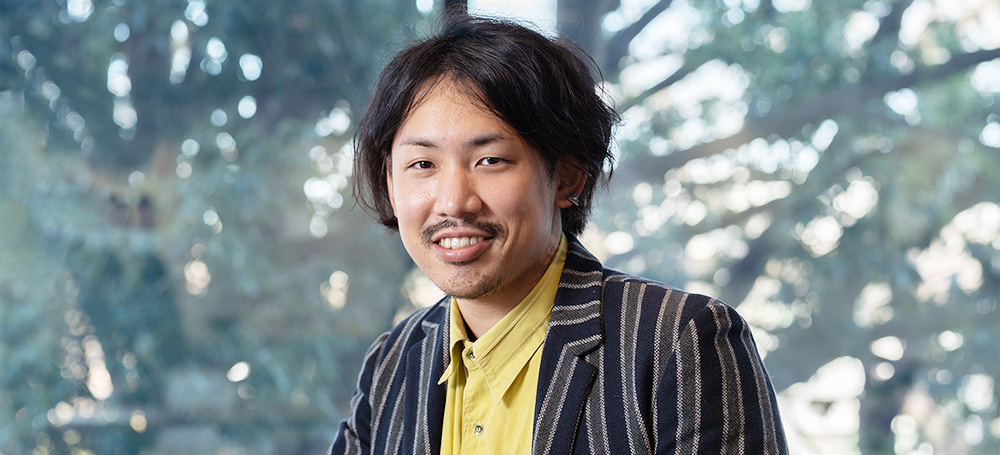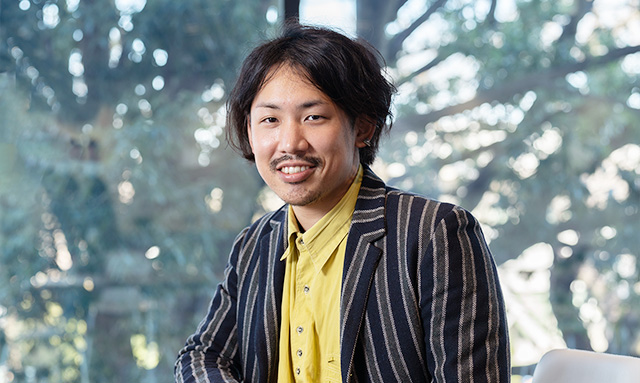Using computational modelling, mathematical analysis, and Bayesian statistical methods coupled with online real-time behavioural experimentation, we are quantitatively approaching human social behaviour and group dynamics.


Wataru Toyokawa, Ph.D.
Unit Leader, Computational Group Dynamics Collaboration Unit, BTCC
wataru.toyokawa@riken.jp
- Research Overview
- Selected Publications
- Lab Members
- Curriculum Vitae
- Wataru Toyokawa’s Website
- Summer School Website
COSMOS Konstanz
Research Overview
The collective-level behavioural phenomena in human societies, such as collective intelligence through coordination or the tragedy of commons through free-riding, are formed by states and behaviour of individuals. At the same time, individual behaviour and belief are influenced by the states and dynamics at the group level. To disentangle these interwoven problems, we use both theoretical modelling and behavioural experimentations, trying to take a step towards understanding the coevolutionary processes between human behaviour, societies, and cultures.
Main Research Fields
Complex Systems
Related Research Fields
Social psychology
Keywords
- Group decision making
- Collective intelligence
- Social learning
- Cultural evolution
- Computational modelling
Selected Publications
Papers with an asterisk(*) are based on research conducted outside of RIKEN.
- * Toyokawa W, and Gaissmaier W.
Conformist social learning leads to self-organised prevention against adverse bias in risky decision making.
eLife, 11:e75308.
10.7554/eLife.75308 - * Kameda T, Toyokawa W, and Tindale RS
Information aggregation and collective intelligence beyond the wisdom of crowds.
Nature Reviews Psychology.
10.1038/s44159-022-00054-y - * Laland KN, Toyokawa W and Oudman T
Animal Learning as a Source of Developmental Bias.
Evolution and Development.
10.1111/ede.12311 - * Toyokawa W, Whalen A and Laland KN.
Social learning strategies regulate the wisdom and madness of interactive crowds.
Nature Human Behaviour, 3: 183-193.
10.1038/s41562-018-0518-x - * Kim H, Toyokawa W & Kameda T.
How do we decide when (not) to free-ride? Risk tolerance predicts adaptation of cooperation levels in new settings.
Evolution and Human Behavior, 40: 55-64.
10.1016/j.evolhumbehav.2018.08.001 - * Muthukrishna M, Henrich J, Toyakawa W, Hamamura T, Kameda T, & Heine S J.
Overconfidence is Universal? Elicitation of Genuine Overconfidence (Ego) Method Reveals Systematic Differences Across Domain, Task Knowledge, and Incentives in Four Populations.
PLoS ONE, 13(8): e0202288.
10.1371/journal.pone.0202288 - * Toyokawa W.
Scrounging by foragers can resolve the paradox of enrichment
Royal Society Open Science, 4: 160830.
10.1098/rsos.160830 - * Toyokawa W, Saito Y and Kameda T.
Individual differences in learning behaviours in humans: Asocial exploration tendency does not predict reliance on social learning.
Evolution and Human Behavior, 38 (3): 325-333.
10.1016/j.evolhumbehav.2016.11.001 - * Toyokawa W, Kim H and Kameda T.
Human collective intelligence under dual exploration-exploitation dilemmas.
PLoS ONE 9(4): e95789.
10.1371/journal.pone.0095789 - * Kameda T, Wisdom T, Toyokawa W and Inukai K
Is consensus-seeking unique to humans? A selective review of animal group decision-making and its implications for (human) social psychology.
Group Processes & Intergroup Relations, 15, 673-689.
10.1177/1368430212451863
Lab Members
Principal investigator
- Wataru Toyokawa
- Unit Leader
Core members
- Natsuki Ogusu
- Postdoctoral Researcher
- Kazuya Horibe
- Special Postdoctoral Researcher
- Kenji Itao
- Special Postdoctoral Researcher




